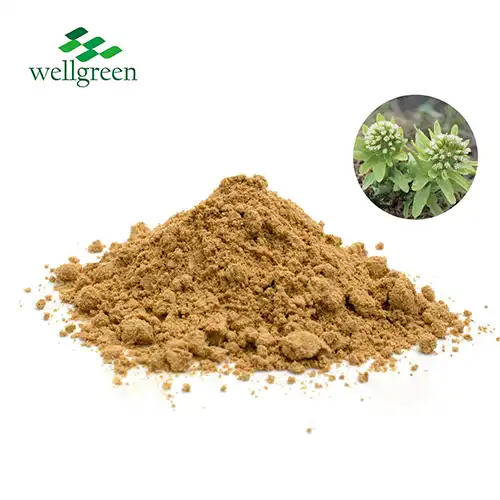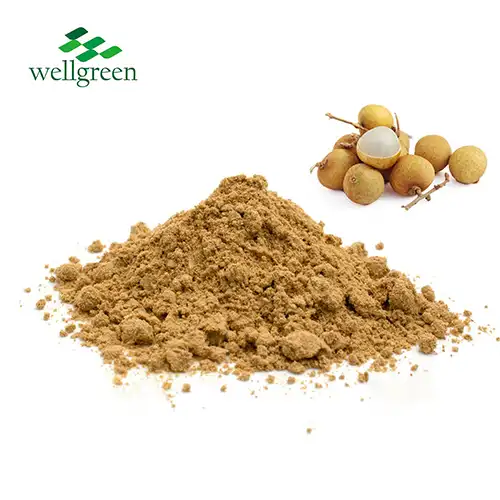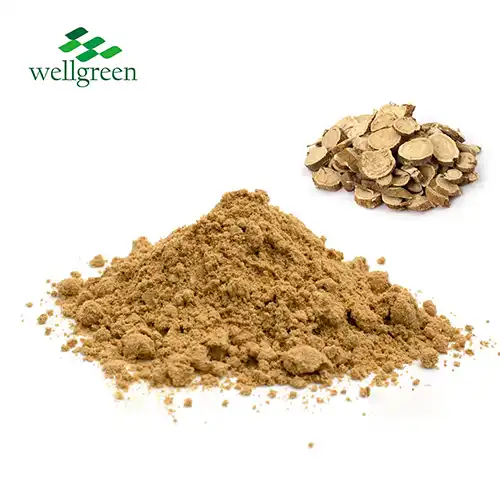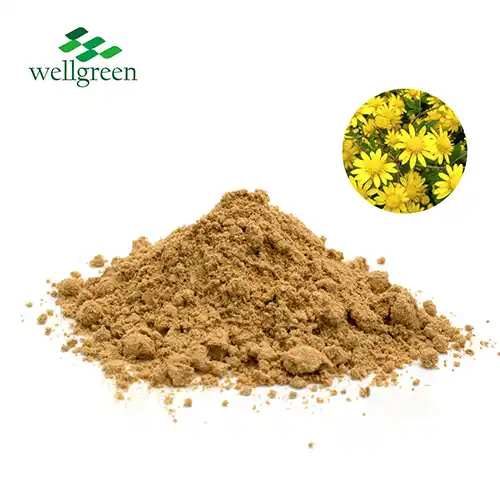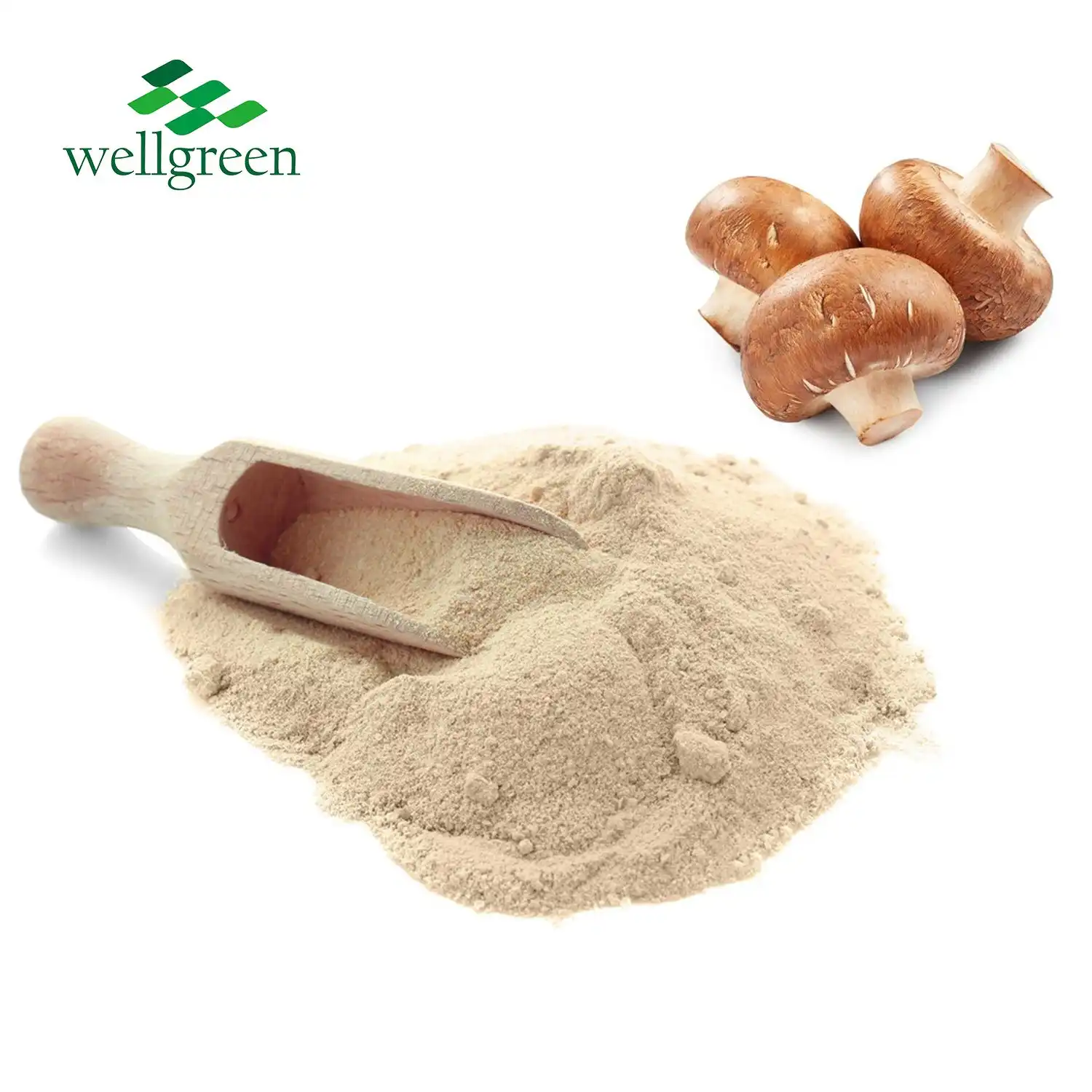The Antioxidant Power of Organic Cinnamon Explained
2025-10-21 15:14:36
Organic cinnamon powder is a potent source of antioxidants, offering numerous health benefits beyond its delightful flavor. This aromatic spice, derived from the inner bark of Cinnamomum trees, contains a rich array of polyphenols and other bioactive compounds that combat oxidative stress in the body. Whether you're considering bulk organic cinnamon powder for commercial use or organic cassia cinnamon powder for personal consumption, understanding the antioxidant properties of this versatile spice can help you make informed choices about incorporating it into your diet or product line. In this comprehensive exploration, we'll delve into the key antioxidant compounds found in organic cinnamon, their mechanisms of action, and the potential impact on overall cellular health.
Key Polyphenols Like Polyphenols and Cinnamaldehyde
The Polyphenol Powerhouse
Organic cinnamon powder is abundant in polyphenols, a diverse group of plant-based compounds renowned for their antioxidant properties. These molecules, characterized by multiple phenol units, play a crucial role in protecting cells from oxidative damage. Among the most prominent polyphenols found in cinnamon are procyanidins, catechins, and epicatechins. These compounds work synergistically to neutralize harmful free radicals and support the body's natural defense mechanisms.
Cinnamaldehyde: The Signature Compound
Cinnamaldehyde, the organic compound responsible for cinnamon's distinctive aroma and flavor, is also a powerful antioxidant. This aldehyde, which comprises up to 90% of the essential oil in cinnamon bark, has demonstrated remarkable antioxidant activity in numerous studies. Cinnamaldehyde not only directly scavenges free radicals but also enhances the body's own antioxidant enzyme systems, providing a dual approach to combating oxidative stress.
Other Bioactive Compounds
In addition to polyphenols and cinnamaldehyde, organic cinnamon powder contains other bioactive compounds that contribute to its antioxidant profile. These include eugenol, linalool, and cinnamic acid. Each of these compounds possesses unique antioxidant properties, further enhancing the overall antioxidant capacity of cinnamon. The synergistic effect of these various compounds makes organic cinnamon a particularly potent source of antioxidants compared to many other spices.
How Do These Compounds Combat Oxidative Damage?
Free Radical Scavenging
The antioxidant compounds in organic cinnamon powder, particularly the polyphenols, act as free radical scavengers. Free radicals are unstable molecules that can cause cellular damage through oxidative stress. By donating electrons to these free radicals, cinnamon's antioxidants neutralize them, preventing them from causing harm to cellular structures such as DNA, proteins, and lipids. This scavenging activity is crucial in maintaining cellular integrity and preventing oxidative damage-related diseases.
Enhancing Endogenous Antioxidant Systems
Beyond direct scavenging, the antioxidants in organic cassia cinnamon powder also work by enhancing the body's own antioxidant defense systems. Compounds like cinnamaldehyde have been shown to upregulate the expression of antioxidant enzymes such as superoxide dismutase (SOD), catalase, and glutathione peroxidase. These enzymes form a crucial part of the body's antioxidant defense mechanism, helping to maintain redox balance and protect against oxidative stress at a cellular level.
Modulating Inflammatory Pathways
The antioxidant compounds in cinnamon also play a role in modulating inflammatory pathways. Chronic inflammation is closely linked to oxidative stress, and the two processes often exacerbate each other. By inhibiting pro-inflammatory enzymes and cytokines, cinnamon's antioxidants help break this cycle, reducing both inflammation and oxidative damage. This dual action makes bulk organic cinnamon powder a valuable ingredient in formulations aimed at supporting overall cellular health and reducing inflammation-related conditions.
Linking Antioxidant Activity to Overall Cellular Health
Protecting Cellular Components
The antioxidant activity of organic cinnamon powder translates directly to improved cellular health. By neutralizing free radicals and reducing oxidative stress, cinnamon's antioxidants help protect vital cellular components from damage. This includes safeguarding DNA from mutations, preventing lipid peroxidation in cell membranes, and maintaining the integrity of proteins essential for cellular function. Such protective effects contribute to overall cellular longevity and optimal functioning.
Supporting Mitochondrial Function
Mitochondria, the powerhouses of cells, are particularly susceptible to oxidative damage due to their role in energy production. The antioxidants in organic cinnamon have been shown to support mitochondrial function by reducing oxidative stress in these organelles. This not only helps maintain efficient energy production but also supports overall cellular health, as mitochondrial dysfunction is linked to numerous age-related diseases and conditions.
Enhancing Cellular Stress Response
Exposure to cinnamon's antioxidants can enhance the cellular stress response mechanisms. This includes activating pathways like Nrf2, which regulates the expression of numerous antioxidant and detoxifying enzymes. By priming these cellular defense systems, regular consumption of organic cinnamon powder may help cells better cope with oxidative challenges, potentially leading to improved resilience and longevity.

Conclusion
The antioxidant power of organic cinnamon is a testament to nature's ability to provide powerful health-promoting compounds. From its rich polyphenol content to the unique properties of cinnamaldehyde, organic cinnamon powder offers a multifaceted approach to combating oxidative stress and supporting cellular health. As research continues to unveil the intricate mechanisms by which these compounds work, the potential applications for organic cinnamon in both dietary supplements and functional foods continue to expand. Embracing the antioxidant potential of this ancient spice may well be a step towards enhanced wellness in our modern world.
Contact Us
If you're interested in harnessing the antioxidant power of organic cinnamon for your products, consider partnering with a reliable organic cinnamon powder manufacturer or supplier. For high-quality bulk organic cinnamon powder or organic cassia cinnamon powder, contact us at wgt@allwellcn.com. Our team of experts is ready to support your needs with premium organic cinnamon products backed by rigorous quality control and sustainable sourcing practices.
References
1. Anderson, R. A., et al. (2020). Cinnamon and health: A comprehensive review of its bioactive compounds and health benefits. Critical Reviews in Food Science and Nutrition, 60(1), 1-17.
2. Kawatra, P., & Rajagopalan, R. (2015). Cinnamon: Mystic powers of a minute ingredient. Pharmacognosy Research, 7(Suppl 1), S1-S6.
3. Rao, P. V., & Gan, S. H. (2014). Cinnamon: A multifaceted medicinal plant. Evidence-Based Complementary and Alternative Medicine, 2014, 642942.
4. Gruenwald, J., Freder, J., & Armbruester, N. (2010). Cinnamon and health. Critical Reviews in Food Science and Nutrition, 50(9), 822-834.
5. Ranasinghe, P., et al. (2013). Medicinal properties of 'true' cinnamon (Cinnamomum zeylanicum): a systematic review. BMC Complementary and Alternative Medicine, 13, 275.
6. Jayaprakasha, G. K., & Rao, L. J. (2011). Chemistry, biogenesis, and biological activities of Cinnamomum zeylanicum. Critical Reviews in Food Science and Nutrition, 51(6), 547-562.


